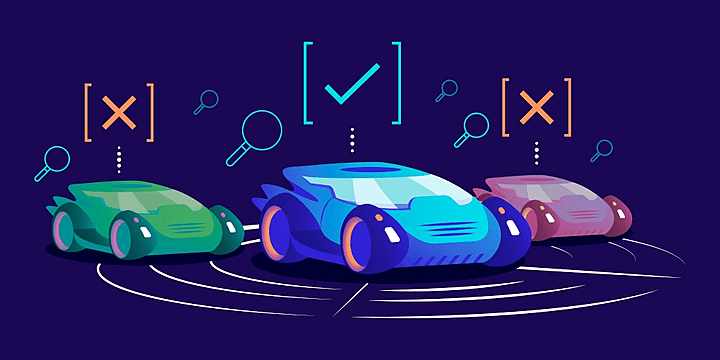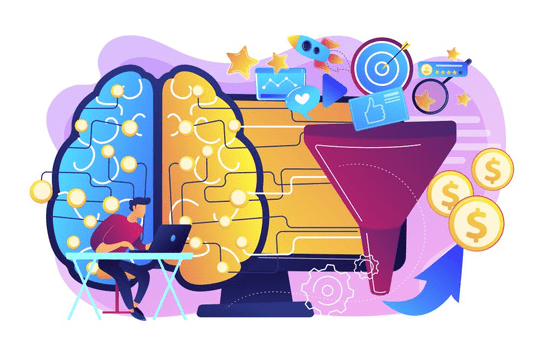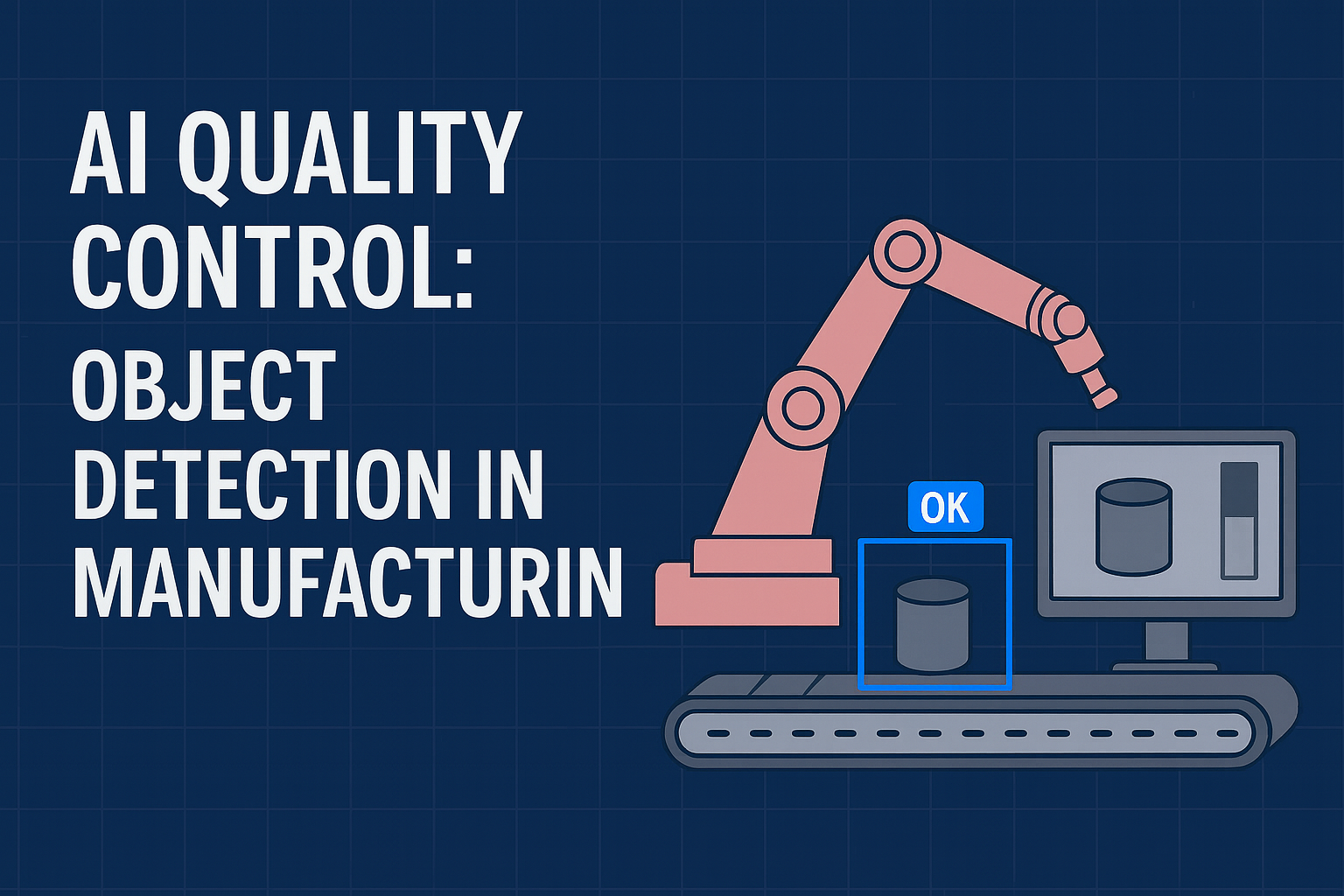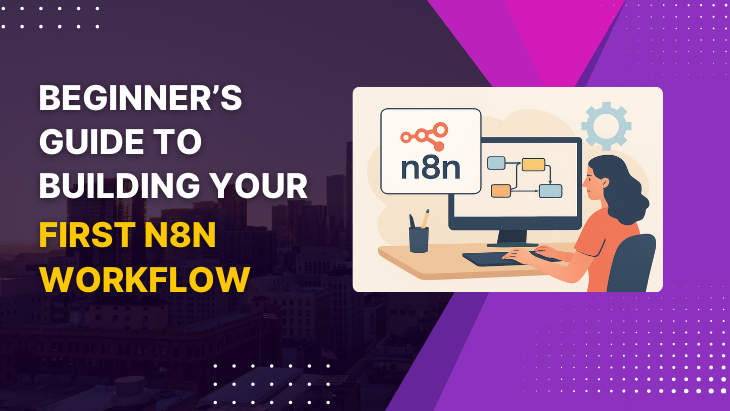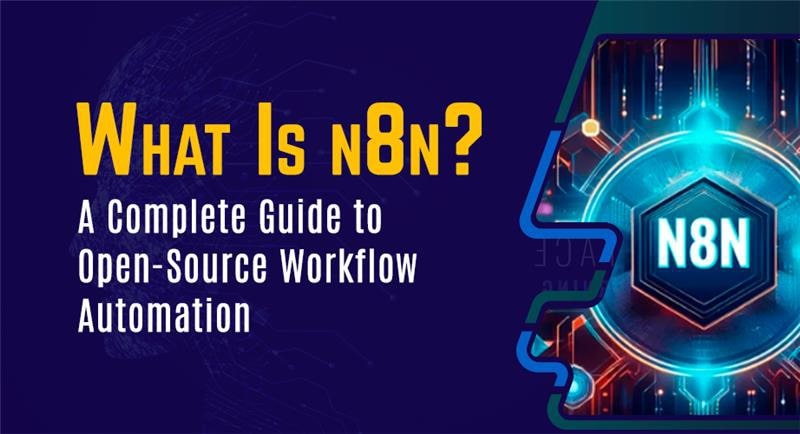Machine learning is a subset of artificial intelligence (AI) that allows computers to learn without being explicitly programmed. This means that instead of telling the computer exactly what to do, we tell it what we want it to achieve and then let it figure out how to get there. This can be incredibly useful because AI is able to work with huge amounts of data much more efficiently than humans could.

John Smith
 5.0
5.0
The AI/ML development services provided by Techasoft were exceptional. Their team understood our business needs and delivered a solution that exceeded our expectations. The application they developed using AI and ML technologies has significantly improved our efficiency and decision-making processes. We highly recommend their services.


